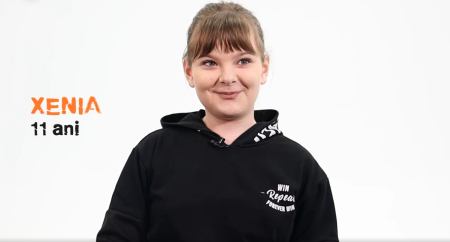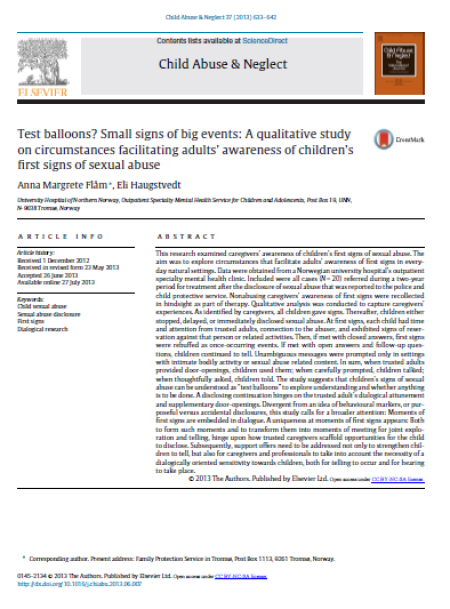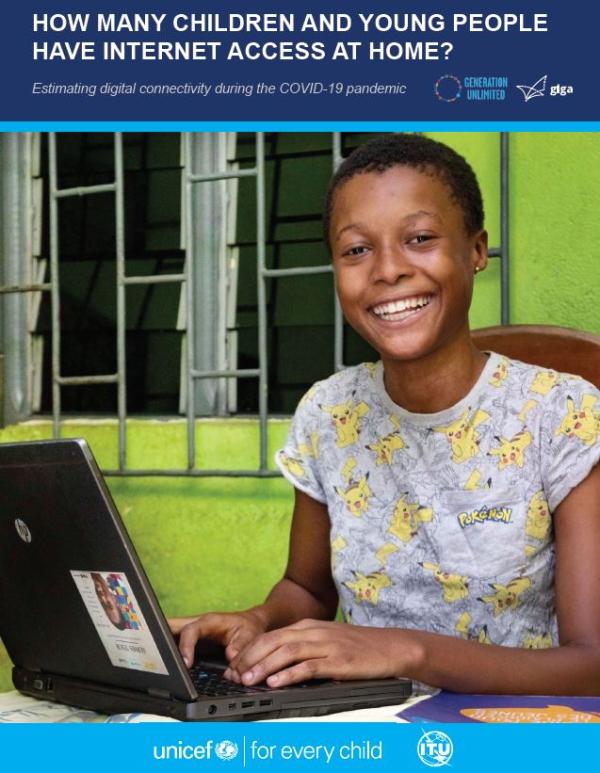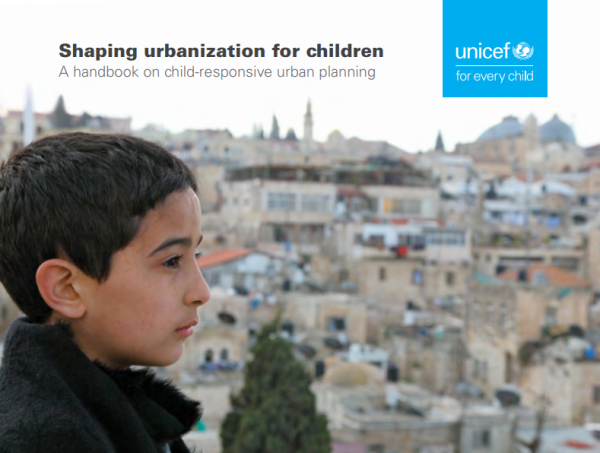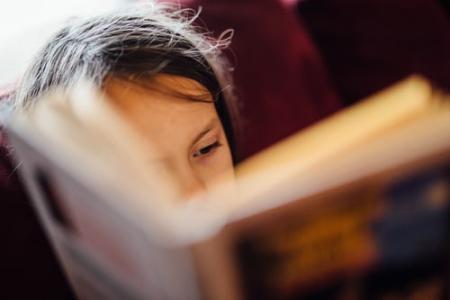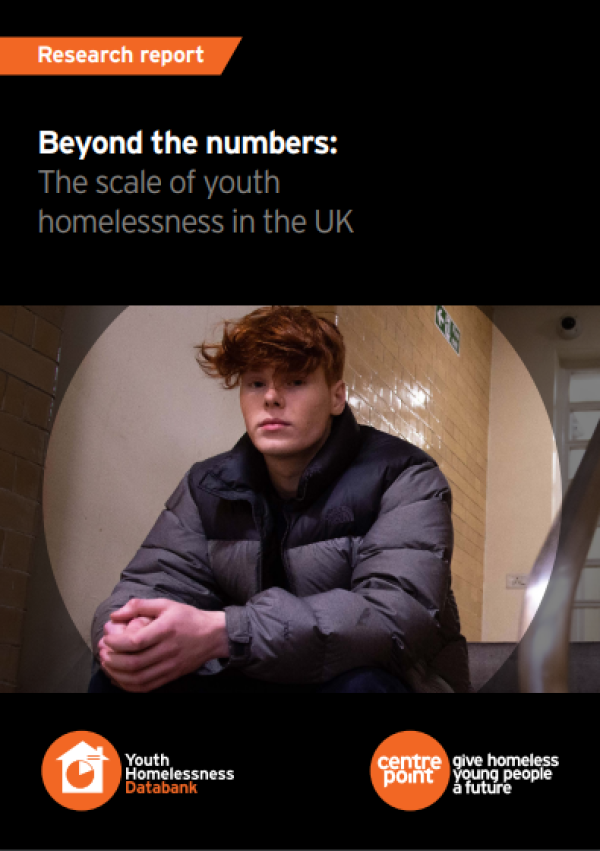
A care experienced former social worker describes a 'Sliding Doors' effect that separates children in care from their peers and leaves them unsupported in adulthood.
Sacha Samms is a social worker for over 10 years working in a variety of settings, where at times I felt like a double agent. She worked in the care system for a long time and she has unique perspective that she shares in this article, hopefully giving food for thought to those practising and supporting improvements in social work practice and policy.
She talks about the word inequality which is from her perspective perhaps the most relevant justice as a phenomenon. By the end of the article, you will hopefully understand it better.
In the article you can find more about the:
‘Sliding Doors’ effect - where the consequences of a seemingly insignificant moment snowball into a lifetime of wide-reaching after-effects. If you never have the opportunity to slice bread, what life skills will you leave placement with? That is the Sliding Doors effect in action.
‘Always one step behind’ - Children’s services want well-rounded children who are adequately safeguarded. One tiny insignificant little opportunity snowballs into a gaping unfulfilled need or deficit as an adult.
‘I couldn’t boil an egg’ – if you do not have the opportunity to experience something there is no chance you can learn it. Imagine the progress made and time saved if we do not need to practice it over and over again.
Everybody needs a ‘parent’ - As the song goes, you find a job, settle down, and fall pregnant. Joy turns to bewilderment as you realize you have no ‘parent’ to approach for that much-needed baby advice and, more crucially, no trusted babysitter. You wonder at what point a ‘normal’ adult stops needing their parents. The answer is they don’t.
She further talks about the local authority as a corporate parent, but with no infinite finances or resources. They cannot support a care experienced person forever. And that is the Sliding Doors effect right there – the inequality that drips into the lives of looked-after children by default.
In the end of the article you can find her insights about how can outcomes be improved and changes that could help improve outcomes for looked-after children.
Read full article here.








